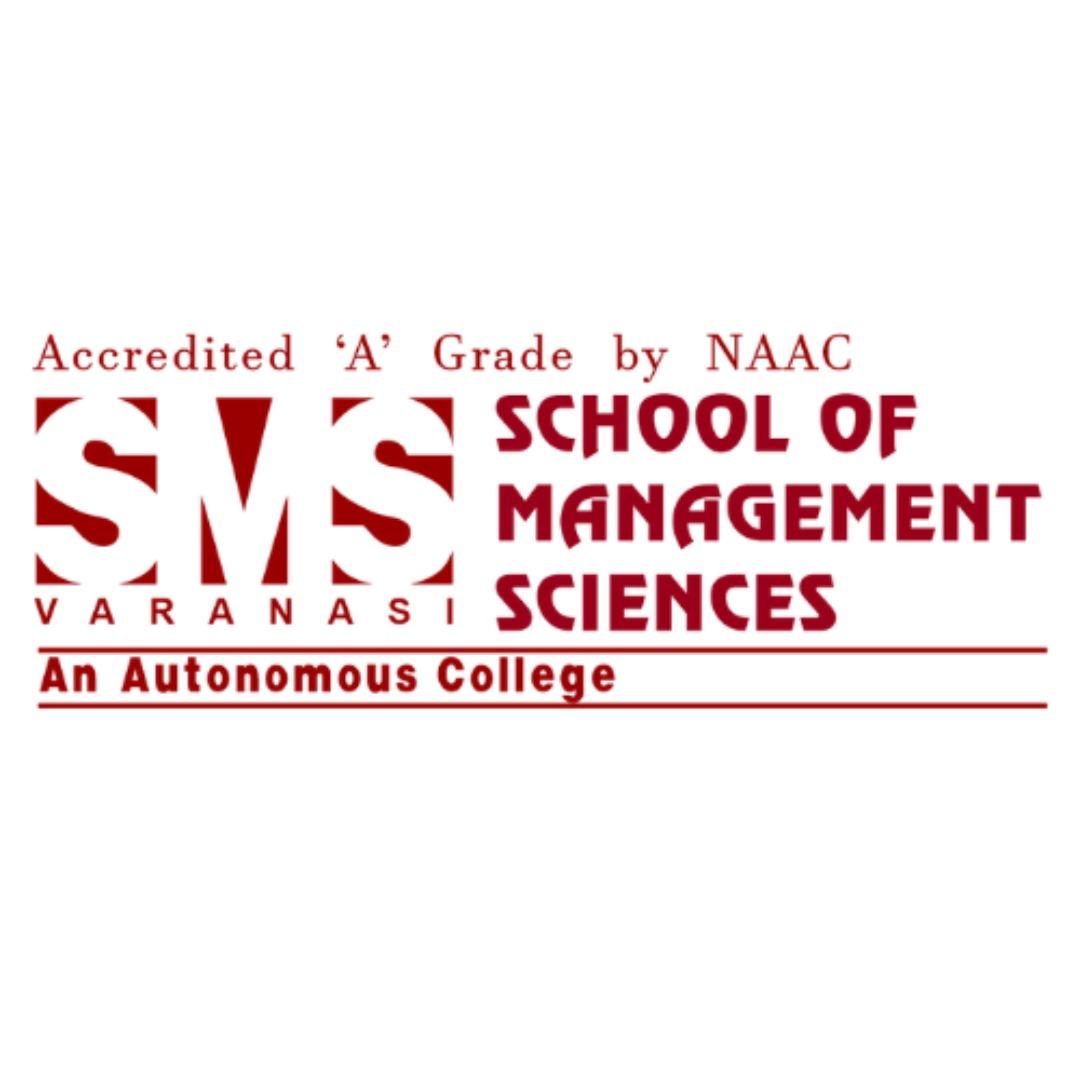How Nutritional Awareness Can Transform Campus Cafeterias

The modern college experience is about more than just academics—it's also about cultivating lifelong habits that lead to a healthier, more balanced lifestyle. One critical, yet often overlooked, element in this journey is food. Specifically, the meals served in campus cafeterias play a pivotal role in shaping student health, energy, and focus. This is where nutritional awareness comes into play. Understanding how nutritional awareness can transform campus cafeterias is key to unlocking a healthier generation of students.
The Current State of Campus Cafeterias
Walk into many campus dining halls today, and you'll likely see a combination of fast food, deep-fried snacks, sugary drinks, and minimal fresh produce. While these options are convenient and often budget-friendly, they can negatively impact students’ physical and mental well-being. Poor diet choices are directly linked to obesity, fatigue, reduced academic performance, and even mental health issues like anxiety and depression.
However, these cafeterias also hold massive potential. With the right approach, they can become hubs of nourishment, education, and positive lifestyle change.
Why Nutritional Awareness Matters
Nutritional awareness involves understanding what constitutes a balanced diet, how various foods affect the body and brain, and how to make informed eating choices. When students, faculty, and cafeteria staff are educated about nutrition, it sparks a ripple effect across campus life.
Here’s how nutritional awareness can transform campus cafeterias:
-
Healthier Menus: When there's a collective understanding of nutritional value, cafeterias can begin to offer meals rich in vegetables, whole grains, lean proteins, and healthy fats—replacing processed foods and sugary items.
-
Educated Choices: Awareness empowers students to pick healthier meals even when unhealthy options are available. Posting nutritional information on menus helps students make informed decisions.
-
Improved Academic Performance: Numerous studies link good nutrition with enhanced brain function. A well-fed student is more likely to stay alert in class, retain information better, and maintain focus during exams.
-
Long-Term Lifestyle Habits: By fostering awareness early in life, colleges help students carry healthy eating habits into adulthood, reducing the risk of chronic diseases.
Creating a Nutritionally-Aware Campus Cafeteria
Transforming a campus cafeteria into a nutritionally-conscious space doesn't require a complete overhaul. Instead, a series of strategic, student-focused steps can lead to meaningful change.
1. Conduct a Food Audit
Start by assessing what’s currently served. Are there enough vegetarian options? How much processed food is on the menu? A food audit helps identify nutritional gaps and areas for improvement.
2. Involve Nutrition Experts
Hire or consult with a certified dietitian to help redesign the menu. Their guidance ensures meals are balanced, diverse, and appealing. They can also conduct workshops and awareness campaigns to engage students.
3. Menu Transparency
Clearly label meals with calorie counts, allergen information, and nutritional benefits. Use icons or color codes (e.g., green for healthy, red for occasional indulgence) to make data easy to digest—literally and figuratively.
4. Offer Customizable Meal Options
Allow students to build their own bowls, wraps, or salads using a base of healthy ingredients. This gives control back to the students and encourages exploration of nutritious foods.
5. Create Incentives for Healthy Choices
Offer discounts, loyalty points, or combo deals on healthier meals. Gamify the experience with "healthy eating challenges" or provide perks for those choosing fruits, vegetables, or whole grains.
6. Education Through Engagement
Post short facts or infographics around the dining hall explaining the benefits of certain foods—like how omega-3s support brain function or how fiber aids digestion. This keeps students informed without overwhelming them.
Role of Students and Faculty
A transformation of this scale cannot be top-down only. Students, faculty, and cafeteria staff all have a role to play:
-
Students can advocate for change by voicing their needs, participating in nutrition clubs, or volunteering to plan health-focused food events.
-
Faculty and administration can support these initiatives by allocating budget, integrating food education into orientation, or even tying it into wellness curriculums.
-
Cafeteria staff should receive training on cooking techniques that preserve nutrients and reduce the use of saturated fats or excessive salt.
Case Studies: Real-World Impact
Several universities worldwide have already reaped the benefits of nutritional awareness:
-
University of California, Berkeley launched a "Nutrition Education Program" that led to reduced sales of sugary drinks and increased demand for fruit and vegetable-based meals.
-
NYU introduced calorie labeling and portion control strategies, resulting in noticeable shifts in student consumption patterns toward healthier alternatives.
These examples prove that change is not only possible—it’s powerful and scalable.
Challenges and How to Overcome Them
Admittedly, the path to transformation isn’t without hurdles. Budget constraints, student resistance to change, and lack of trained personnel can slow progress. However, these can be addressed through:
-
Collaborations with NGOs or local farms for subsidized fresh produce.
-
Pilot programs to test new menu ideas before full implementation.
-
Surveys and feedback loops to ensure students feel heard and involved.
Conclusion: A Healthier Future Starts on Campus
Understanding how nutritional awareness can transform campus cafeterias is the first step toward creating healthier college environments. By implementing practical strategies and nurturing a culture of informed food choices, campuses can empower students to eat better, live healthier, and succeed academically.
When colleges invest in food awareness today, they are investing in the well-being and success of tomorrow’s leaders.
- Art
- Causes
- Crafts
- Dance
- Drinks
- Film
- Fitness
- Food
- Jeux
- Gardening
- Health
- Domicile
- Literature
- Music
- Networking
- Autre
- Party
- Religion
- Shopping
- Sports
- Theater
- Wellness


